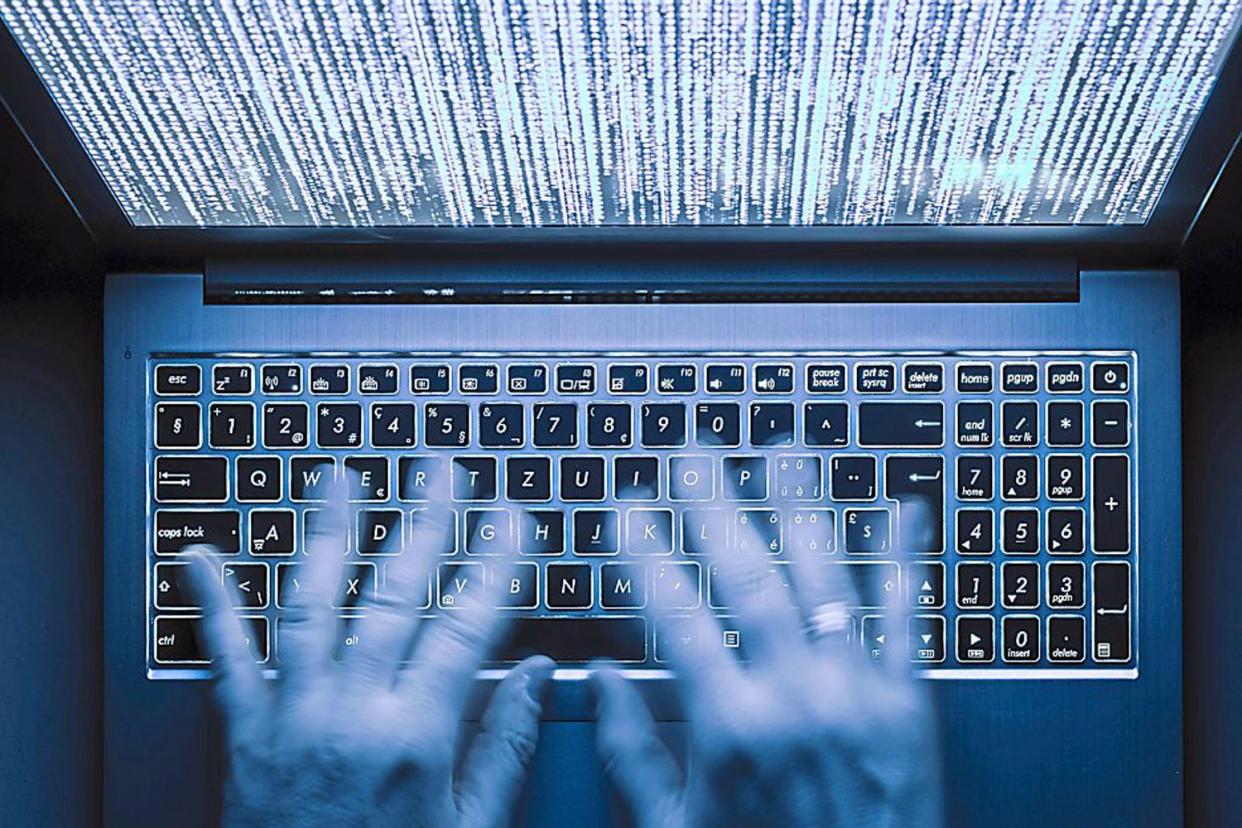MPs ‘concerned hackers could threaten UK’s nuclear capabilities’

MPs are concerned hackers could threaten UK’s nuclear capabilities, according to a new study.
In 2017, the UK was hit by a cyber-attack on the NHS and another that interfered with parliamentary emails.
And a year on, a survey of politicians has revealed that two thirds of MPs believe such threats are among the biggest cyber security risks facing the UK.
A YouGov survey of 100 MPs, published ahead of a Commons meeting on cyber security, revealed 62 per cent believe the risk to critical national infrastructure is serious.

Forty-two per cent of Tory MPs questioned said that one of the most serious threats the country faces is the potential for hackers to compromise the country’s nuclear capabilities.
Forty-Four per cent of Labour politicians said they believed democratic interference was a significant threat.
Three quarters said they were concerned that a breach of their personal email could impact cyber security of the House of Commons.
The insight, shared by global cyber security experts NCC Group, was released ahead of a meeting at the House of Commons today, which will address the cyber threats challenging UK politics and outline how MPs can help tackle this growing threat.
Ollie Whitehouse, global chief technical officer at NCC Group said it was “positive” that the survey revealed most MPs are aware of the different cyber threats and “realise the gravitas of a successful attack, particularly with regards to our resilience as a nation”.
“In recent years, the government has been proactive in implementing initiatives to strengthen the UK’s stance against evolving technical and geopolitical threats.
“MPs play a significant role in these initiatives, so it’s important to maintain continued education around modern threats and informed dialogue amongst all stakeholders.”

 Yahoo News
Yahoo News 
